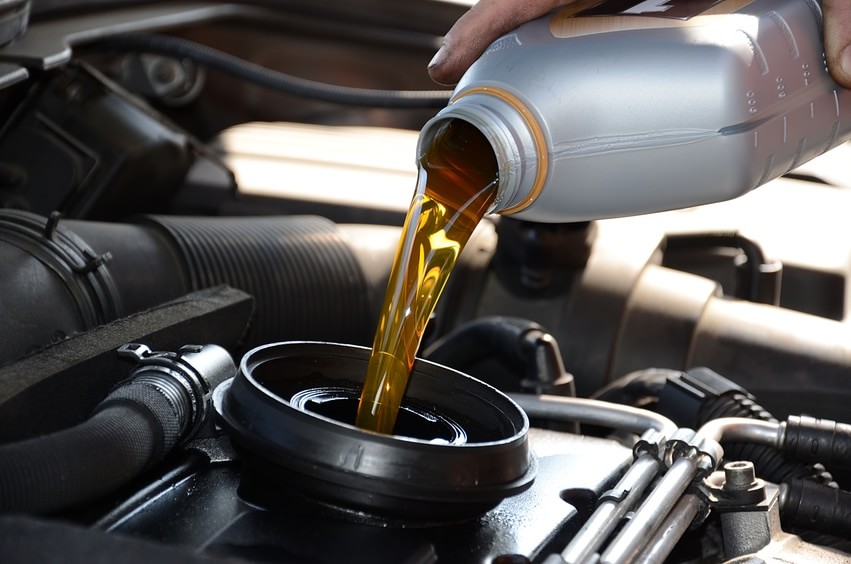
There is this never-ending debate between car enthusiasts, which one to pick? Synthetic engine oil, or conventional engine oil? Experts might give you many reasons why one is better than the other, but if you are not a car expert, most of the reasons might seem to be gibberish.
However, it is essential to know why one tops the other. Like thousands of other car owners in the UK, you too perform simple repairs like a car oil change in your backyard. Now if you don’t know which one is best, how can you make sure that your car will give its best after an oil change?
Are they different?
Both conventional and synthetic oil is a by-product of natural oil. However, that’s where the similarities end. They are different by almost every means; synthetic oils are highly refined. Also, they are custom made to make sure they cater to the particular need of the vehicle.
Also, different manufacture uses a diverse mix of additives to make their product (next time you go for a car oil change, you must make sure that you need that particular blend). This gives them the freedom to make it for specific conditions. As an example, you will find products that are suitable for winter, something good for heavy vehicles, or even something that is tailor-made for performance cars.
There is a long list of advantages of using synthetic engine oil. Let’s discuss a few of them.
- Maintains a cleaner engine
An essential part of engine oil is to make sure that your car engine stays clean. Next time you go for a car oil change, notice the colour of the oil that comes out of the engine, and the fresh batch of fuel that puts in. That dark hue is due to all that impurity that accumulates inside your car engine.
Synthetic oils are more refined than conventional oils, which allow them to soak up a lot more grit than conventional engine oils.
- Reduces engine wear
Almost every single component of a car engine is in constant contact with each other. The constant friction and heat wear them out. Both synthetic and conventional oil act as a lubricant between 2 components, however, synthetic oils can be tailor-made to add extra lubrication. This dramatically reduces component wear, increasing the service life of a car engine.
- Stabilised in a wide range of temperature
Conventional oil will coagulate to some extent when you don’t drive your car for some time. When you start your car again, it flows through the system. However, it takes some time before it effectively lubricates the system.
With synthetic oils, you don’t have to worry about this issue. Additives make sure that it does not collect at the bottom of the tank. Also, these same additives make them far more effective in a wide range of temperature.
For example, when you go for a car oil change, were you ever offered something that is specially made to handle low temperatures? Almost every type of liquid will coagulate in the cold, but synthetic oils do not. That’s because it stays liquid for a much more extended period.
On the other hand, they are also good at handling the high temperature. Conventional oils tend to deteriorate under too high of a temperature. Synthetic oils are much more resistance to that. Also, it doesn’t evaporate quickly, making them perfect for those long drives in summer times.
It is wise to skip conventional oil when you take your car for an oil change. Although synthetic oil change price is slightly higher, they also offer better functionality for a longer time. So remember to always choose these as your preferred type of engine oil.
Also, always take your car to a reputed car garage for an oil change. Not all engine oils are similar, and it takes an expert mechanic to understand what your car needs. Go to a trusted service centre, like HG Motors Harrogate. You will appreciate the extra care they take when you bring your car.